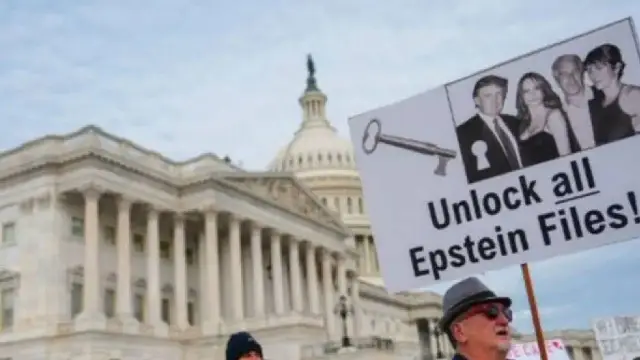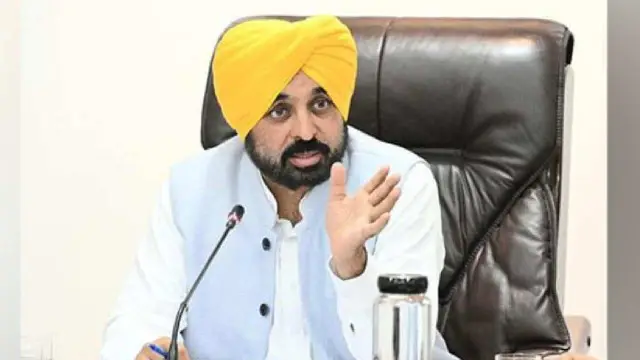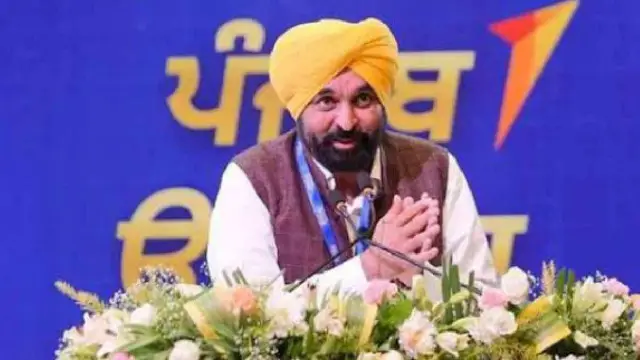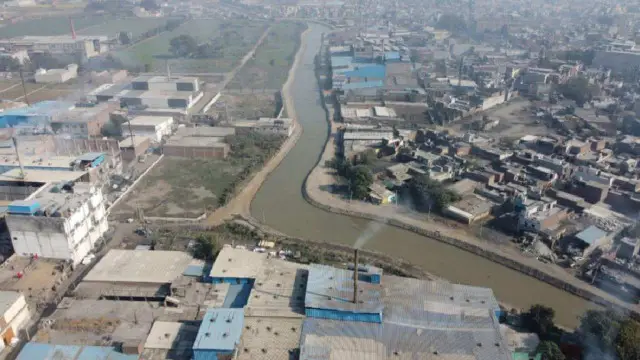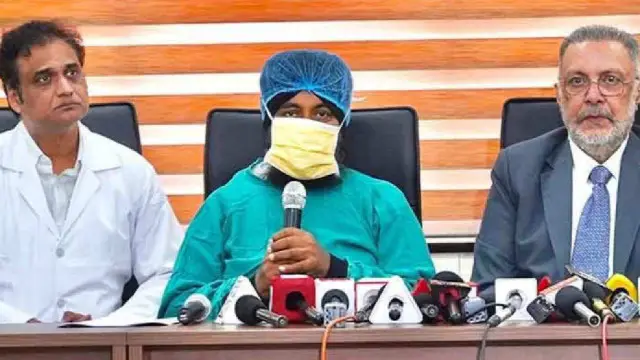Major relief for conglomerate Gautam Adani? Trump pauses enforcement of foreign bribery law
President Trump’s executive order pauses enforcement of the FCPA, offering temporary relief to Adani Group amid a high-profile bribery investigation.

In a significant move, U.S. President Donald Trump has signed an executive order pausing enforcement of the Foreign Corrupt Practices Act (FCPA), which was central to the U.S. Department of Justice's investigation into the Adani Group. The order comes amid allegations that Adani executives engaged in bribing Indian officials to secure solar power contracts, drawing attention to the implications for U.S.-India relations.
Relief for Adani?
On February 10, President Donald Trump signed an executive order halting the enforcement of the 1977 Foreign Corrupt Practices Act (FCPA), a key piece of legislation aimed at preventing American companies and foreign firms linked to the U.S. from bribing foreign officials to secure business deals. This move follows a controversial investigation by the U.S. Department of Justice (DoJ), which has been probing Adani Group, led by Gautam Adani, for allegedly participating in a $250 million bribery scheme aimed at securing favorable terms for solar contracts in India.
The investigation, launched under President Joe Biden, had accused Adani and his associates of misleading U.S. banks and investors, with the bribes concealed from stakeholders during the funding process. In his executive order, Trump directed the U.S. Attorney General Pam Bondi to review FCPA policies and to pause any new investigations or enforcement actions related to foreign corruption during the 180-day review period.
Adani's legal challenges amid political tensions
The Adani Group has consistently denied the charges, labeling them as "baseless". Meanwhile, the DoJ indicted a former executive from the renewable energy firm Azure, which was allegedly involved in the bribery scheme. In light of the legal uncertainty surrounding the case, Adani Group executives, including Gautam Adani and his nephew Sagar, remain under scrutiny.
Simultaneously, a group of U.S. Congressmen has expressed their concern over the DOJ's actions, arguing that the bribery charges against Adani may jeopardize U.S.-India relations. The lawmakers have asked for a review of the DoJ's decisions, especially in cases involving Indian firms, calling the actions "reckless" and detrimental to diplomatic relations with a key ally.
Impact on U.S.-India relations and corporate accountability
This move by Trump is being interpreted as a political gesture aimed at smoothing over potential diplomatic fallout with India, where Adani is a major industrial player. The decision raises crucial questions about the balance between corporate accountability and foreign policy interests. It also calls into focus the broader issue of cross-border corruption investigations and their potential impact on international business relationships.
Despite the temporary relief for Adani, the DOJ’s final stance after the six-month review period remains uncertain, and future enforcement actions could still impact the conglomerate's operations and reputation. The case is expected to remain under the spotlight as the review period unfolds, with both political and business implications at stake.








